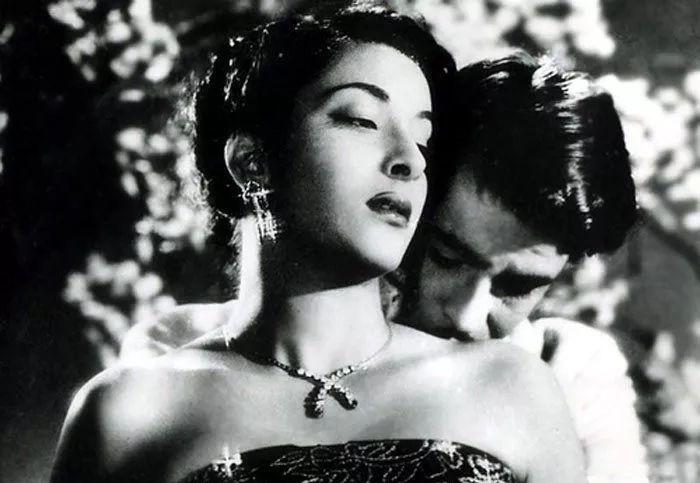Leaving aside this Indian annual god work "Tabad", I only feel that from one-sided misunderstanding to open acceptance, the impact of multiculturalism and the improvement of viewing taste have allowed us to see more spiritual worlds.
The classic "Wanderer" of that year seemed to solidify many people's cognition of Indian films at once. The male and female protagonists have thick eyebrows and big eyes, singing and dancing anytime and anywhere, and it seems that this state of watching movies immersed in happiness and excitement is the essence of Indian cinema.

This stubborn inertia was shattered by an Indian movie star named Amir Khan.
From "Three Fools Bollywood", which was blocked by the Internet, to "My God", which received a good response in China, to "Wrestling", which created a global harvest of word-of-mouth box office! Daddy", Amir Khan gave domestic audiences a glimpse of Indian cinema that dared to face reality and was full of humanity.
One Amir Khan can't contract the whole of Bollywood.
"Pad Man", "Hiccup Teacher", "Starting Line", "Toilet Hero" have come and gone, and the reputation is good, but the box office is not too brilliant.
The reason is that the audience, who is accustomed to the routine of reality + drama, and does not seek to understand the huge Indian culture, is insatiable, and begins to be tired of coping with the low-end version of Hollywood Bollywood.
As a result, the fantasy horror plot is the foundation, and there is no lack of cautionary meaning, this "Tabad", unexpectedly received an IMDB score of 8.5 points, and the Douban score once exceeded 8 points.
The story of Tabad is derived from Hasta's gifts and curses.
The goddess of prosperity holds endless grain and gold coins, the eldest son Hasta betrays his mother and seizes the gold coins, is destroyed by the gods, and the soul remains in the goddess's womb, cursed by the world: desperate but afraid of flour.
The background of the mythological story constitutes a contradiction full of allegory.
Evil gods can bring the gift of gold coins, but they can also curse those he touches and obtain immortal bodies that are eternally painful.
Therefore, the desperate male protagonist realized the secret of his ancestors, and used the evil god's "love and hate" to lick the blood on the tip of the knife.
Strange myths, oppressive rainy days, gloomy ancient houses, bloody pits, bloody evil gods, this film in the creation of horror illusions, ingenious and just right, coupled with the story rhythm control, can not help but make the audience jump and think of wrong.
Human greed can create everything, but it cannot escape the fate of the yellow spring.
The deception of the owner of the mansion gave the male protagonist the desire to avenge his mother; his own greed made him embark on the road of no return to the evil god; the same greedy friend died at the hands of the evil god, but did not repent at all; with the idea of doing one last shot, he eventually became an undead monster and was burned to death by his son to get liberation.
"Tabad" says the truth that "sooner or later you have to pay it back", it seems that it is greed, in fact, human beings like the male protagonist, just like the evil gods, have been cursed by eternal immortality.
At the end of the film, the escaped son locks the door, leaving a trace of reverie: if the son is greedy again, if someone knows the secret, this door of death will be opened again.
As the saying goes, the human heart is not enough for the snake to swallow the elephant. Just like mahatma Gandhi's famous quote at the beginning of the film: The earth has enough to meet the needs of all people. But not enough to fill everyone's desires.
The constant words of caution are still there, and the game between the sinking of human nature and free will continues to this day.